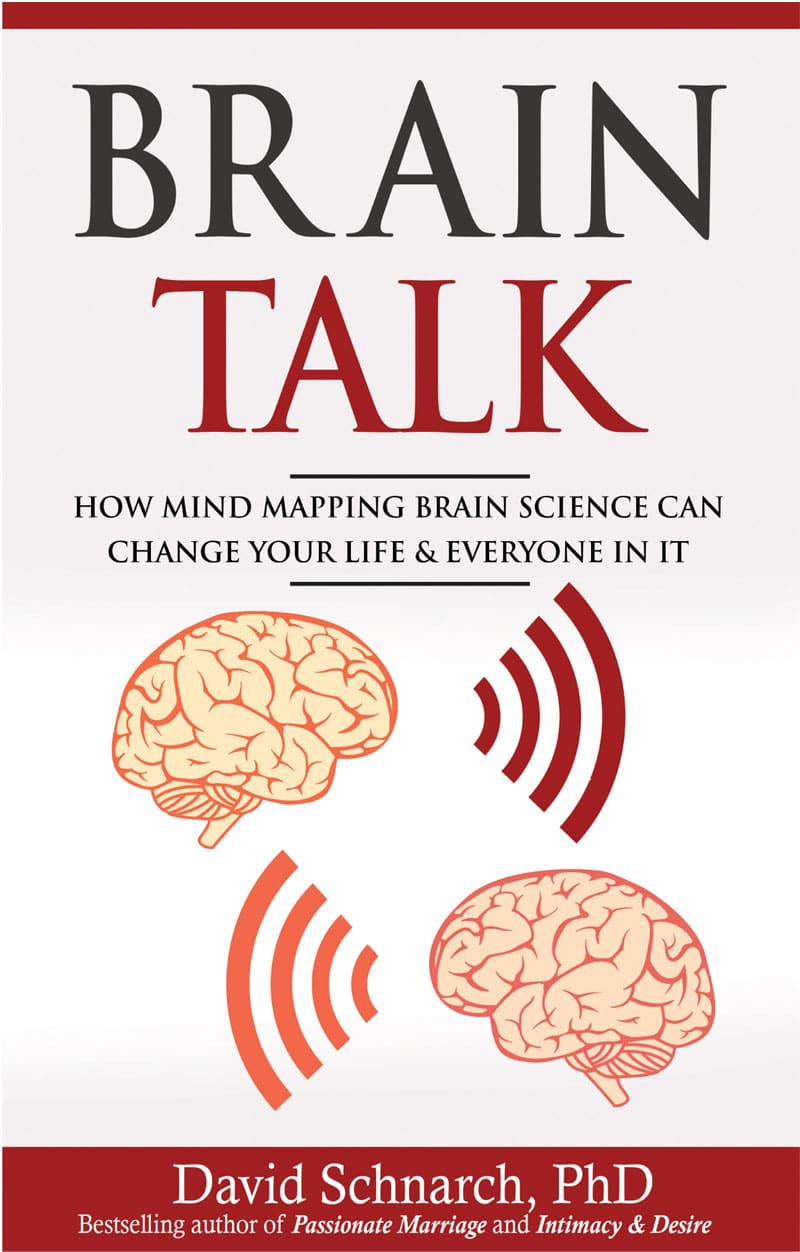If You Want Great Sex…
You use mind mapping every time you walk into a room full of strangers. The first thing you do is map everyone in the room, attributing personalities, agendas, and social status to those who are there. This helps you ascertain how you fit in: Which girl is the prettiest? Who’s the alpha male? Who should I talk to? What’s my role? Has anyone noticed me? Is anyone interested in me? Your mind wants to know where you stand in the social hierarchy. Mind-mapping helps you figure this out.
These are some of the countless examples. In fact, I challenge you to imagine an interaction between two or more people where mind mapping doesn’t play a role. For instance, if you want to teach people effectively, you need to figure out how they learn best. Some people are visual learners. Others are auditory learners. And some of us learn best when we’re physically involved. Effective teachers map their students’ minds and figure out how each one absorbs information most readily, what works and what doesn’t. They see when to encourage plugging away at a difficult problem and when to back off and let them take a break. This requires mind-mapping ability.
If you’re going to empathize with people, you have to intuit their feeling and why they feel the way they do. This involves more than “feeling what they feel.” You have to map out what’s going through their minds to understand them. The old idea of “putting yourself in other people’s shoes” is more accurately stated as “working off your map of their minds.” You have to figure out how they tick. To do this, you need mind-mapping ability. If you’re going to offer other people guidance and support, you need to know when to stop. You must recognize when they find you intrusive or meddlesome. For example, let’s say your son’s bicycle has a flat tire and you offer to help him fix it. However he says, “I can fix my bike by myself!” You can see he doesn’t want your help, but you also know he doesn’t know how to patch an inner tube. Now you need the artistry good parents develop, of figuring out how to offer him the help he needs without offending his autonomy. Mind mapping helps you know when to speak up or say nothing and let him struggle on his own.
If you’re going to negotiate a business deal, you need to figure out what’s most important to your customer, supplier, or business partner. You need to know what they are willing to give up and what they won’t. You try to psych out their personalities to fathom how best to handle them. Are they meek or combative? When they say, “No way!” does that really mean no, or are they bluffing? To figure this out, you try to map out how they perceive you. You’ll be a better negotiator if you hone your mind-mapping abilities.
If you’re trying to navigate the thorny world of dating in search of a suitable partner, you have to accurately gauge the interest of potential mates. If a woman returns your gaze, is she looking at you because your fly is open or because she wants you to approach her? To answer this crucial question, you’ll use your mind-mapping ability (and also check your fly). If it turns out she’s looking at you for both reasons, and you’re interested in her, this might be your lucky day!
If you’re thinking about throwing your husband a surprise birthday party, you’d better be able to predict how he’ll respond. Will he be pleased or will he be embarrassed? If you don’t know him as well as you think you do, it could ruin what’s supposed to be a happy day for him. Likewise, when buying sexy lingerie for your wife, you’d better know whether she identifies more with Shy Sally, Nurse Nancy, or Doris the Dominatrix. If you pick the wrong outfit, the gesture you intended to instill passion could cause an argument. Mind mapping helps you avoid a week of chilly silence.
If you underestimate the importance of mind mapping, you’re going to be two steps behind everyone else. Here’s what I’m talking about. Let’s say you have a job that pays well, and you enjoy spending money on expensive meals, nice clothes, and whatever gadget catches your eye. Your husband is the opposite. You have him pegged as a tightwad, and you think he’s very controlling. Your conflicting views on handling money often lead to arguments. To avoid another fight, you hide your new purchase from your husband, and to do that effectively you have to be able to map him. If you know he wouldn’t wash a dish if his life depended on it, you can safely hide your shopping booty beneath the kitchen sink because there’s no chance he’ll ever look there. If he stumbles upon your stash, you tell him these are early purchased Christmas presents.
Now let’s look at this from the husband’s perspective. You tend to be fiscally responsible. You delay immediate gratification for something better down the road. You prefer to save money. You don’t include your wife when choosing investments because you know it usually leads to a fight. You don’t trust her judgment, and including her in decisions makes it harder for you to do what you want. Getting away with this requires managing investments without your wife’s finding out. You know she never balances her checkbook or goes through your joint tax returns. You’re pretty confident your wife won’t find out. Besides, if she does, this will blow over if you let her spend some money. You decide, all things considered, simply not to tell her.
Like I said, you’re going to be two steps behind if you underestimate the importance of mind mapping in daily life, You’ll miss out on opportunities to conduct successful business negotiations, throw wonderful surprise parties, provide effective teaching, offer productive emotional support, and enjoy many other things that create a satisfying life. You’ll also be handicapped if your partner is playing three moves ahead.
Still not convinced of the importance of mind mapping in daily life? One last example might finally persuade you. If you want mind-blowing sex, mind mapping will be involved. Bulging biceps and a gym-hardened butt can only get you so far. Mind mapping during sex gets you into each other’s minds, hearts, souls, and brains. How about having an orgasm looking right into your partner’s eyes? Mind mapping is a core part of the best sex you’ll ever have, whether you’re establishing deep emotional connection or playing out fantasies.
It’s no coincidence that our mind is the part of ourselves we most often hide during sex. It’s a lot easier to let someone see your body than it is to reveal what really turns you on. Turning humdrum sex into sizzling passion requires unmasking your mind and allowing your partner to map your eroticism.
Now do I have your attention?
Everywhere, Everyone, All The Time
Mind mapping is happening all around you all the time (just like people having orgasms—mostly with their eyes closed). Once you know the signs — and I’ll show you how to spot them — you’ll recognize mind mapping everywhere you look. It’s going on in good relationships and, unfortunately, in bad ones too. (Did you expect me to say good relationships have mind mapping but bad relationships don’t?) For better and worse, in good times and bad, mind mapping is happening in all your interactions with your spouse, kids, parents, and classmates, customers and co-workers, and everywhere else.
Given its out-sized role, it’s important to remember mind mapping is neither inherently good nor bad. As you’ll see, it’s involved in the absolute best things human beings do and, unfortunately, also the worst ones. Negative uses of mind mapping are as numerous as positive ones. Mind mapping itself is value-neutral. This becomes more understandable when you know the brain science behind this incredible ability we all take for granted. I’ll tell you all about this next chapter.
« Brain Talk – Chapter 1 Part 1 Brain Talk – Chapter 2 Part 1 »




